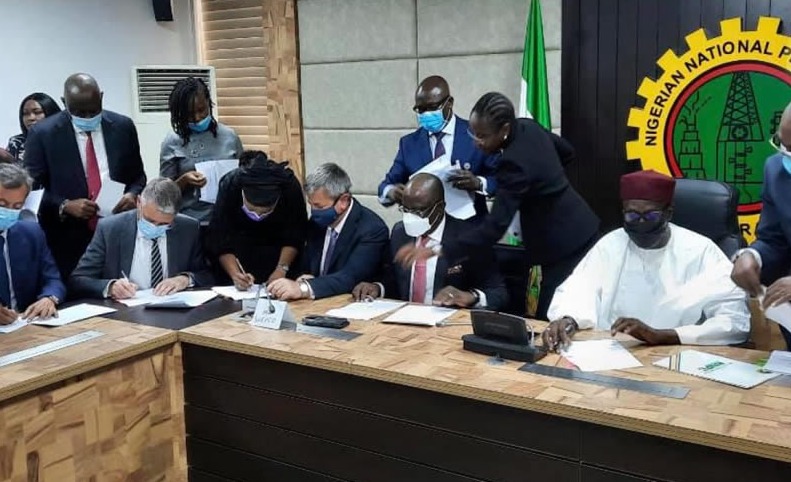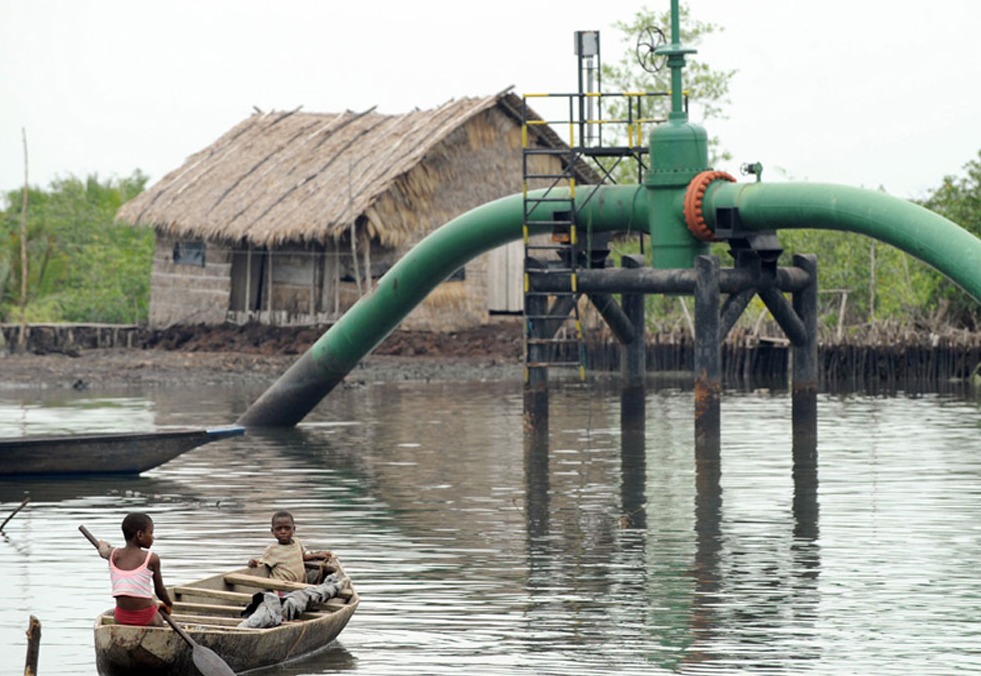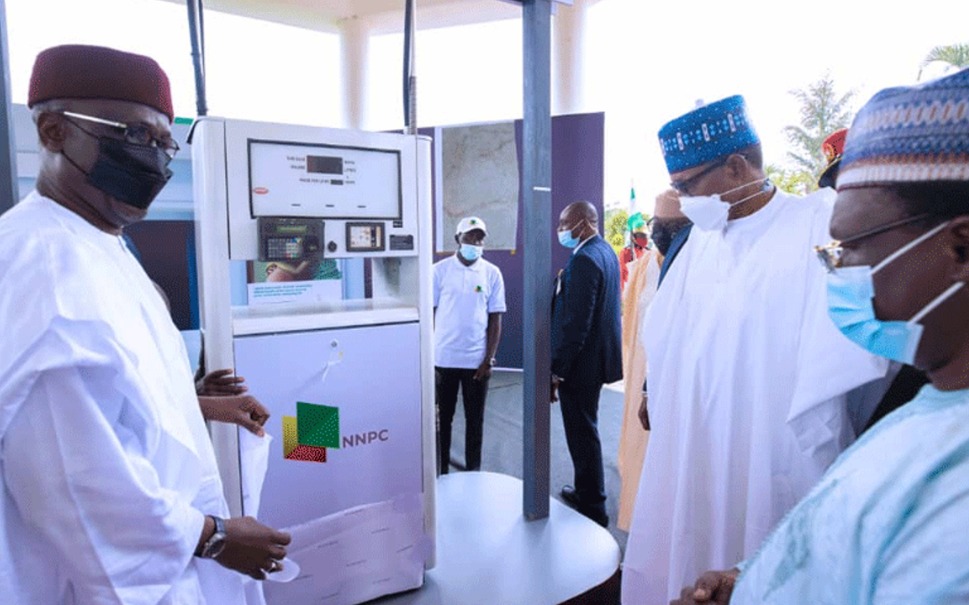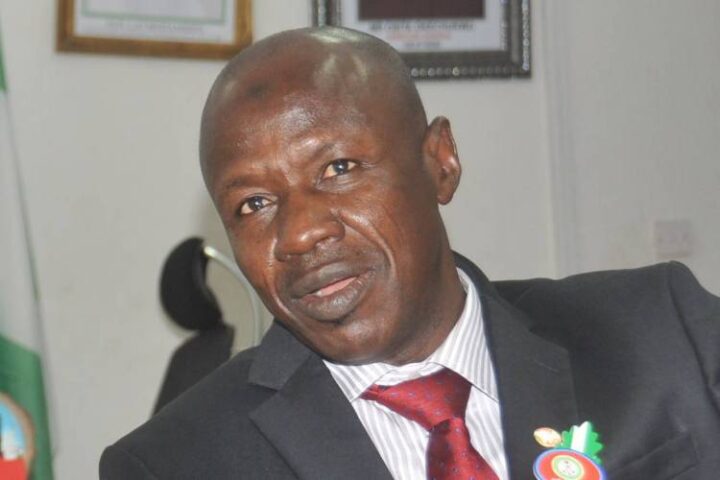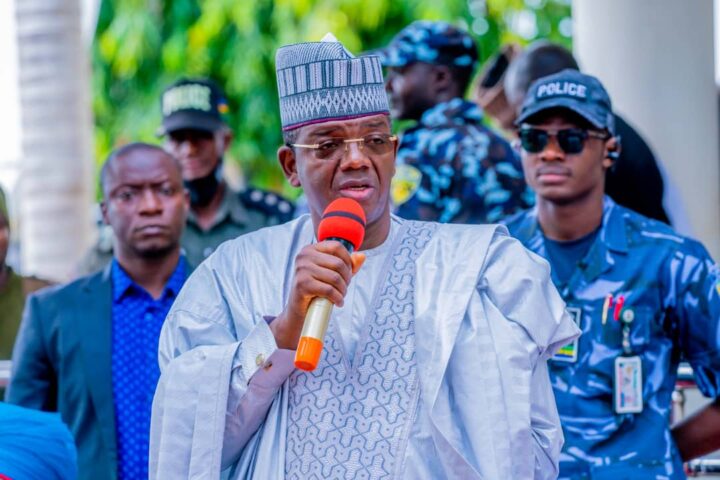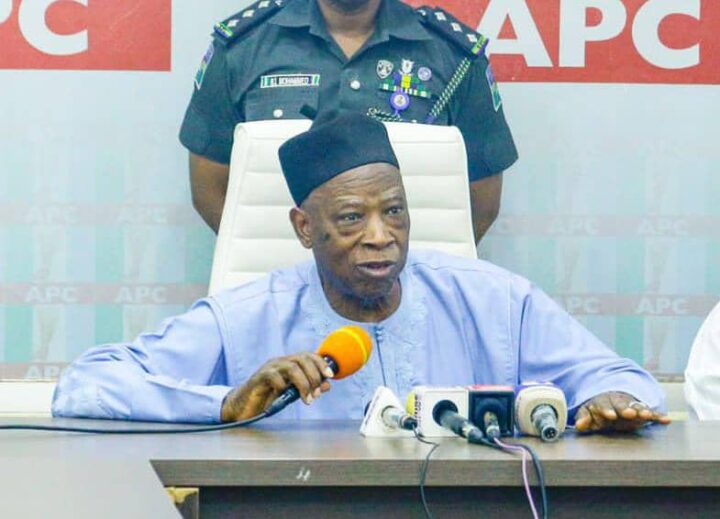The Nigerian National Petroleum Company (NNPC) Limited, on Friday, renewed oil production sharing contracts (PSCs) with its partners — after nearly three decades.
The renewal is in line with the provisions of section 311 of the Petroleum Industry Act (PIA). NNPC said it has also resolved lingering disputes with its production sharing contracts (PSCs) partners.
Some of the partners are Shell Nigeria Exploration and Production Company (SNEPCo), Total Exploration and Production Nigeria Limited (TEPNG), and Esso Exploration and Production Nigeria Limited (EEPNL).
Under the PSCs arrangement, the country as the sole owner of the oil engages contractors to provide technical and financial services for exploration and production. When oil is found, the contractor pays rent (royalty) on the right to extract, recoups its expenditure/costs, takes a major chunk of the profits over the project’s life and pays taxes due on its profits.
Advertisement
The oil produced under PSCs is shared thus: royalty first (which goes to the government), then the cost (which goes to the contractors), then profit (shared by the government and the contractors, but more to the contractors), then tax on profit (paid to the government).
AS IT WAS: PSCs BEFORE PIA
Advertisement
The federal government — in order to shore up production, overcome funding challenges and increase the country’s oil reserve — introduced the PSCs as a policy for the exploration of the country’s petroleum resources.
Nigeria signed the first set of PSCs in 1993, while the Deep Offshore and Inland Basin Production Sharing Contract Act (DOIBPSC) was promulgated as a military decree in 1999 — but given retroactive effect from January 1, 1993.
The review of the PSCs has since been stalled but the DOIBPSC Act was amended in 2004 and in 2019.
The supreme court in 2018 ordered the federal government to recover all revenues lost to oil companies due to the obsolete PSCs.
Advertisement
In March 2019, a report by Nigeria Extractive Industries Transparency Initiative (NEITI) and OpenOil showed that between 2008 and 2017, Nigeria lost between $16 billion and $26 billion for failing to review the terms of the 1993 PSCs.
The report noted that by the provisions in section 16 of the law governing the PSCs, the contracts ought to have been reviewed, first in 2004 (when real oil prices exceeded $20 a barrel) and on January 1, 2008 — 15 years from January 1, 1993.
In November 2019, on the amendment of the DOIBPSC act, section 16 of the existing act was deleted.
Also, an incorporated price and production-based royalty regime was introduced — away from the previously obtainable production-based regime, determined by areas of production.
Advertisement
A royalty payment is a regular fee payable to the government by international oil companies (IOCs) on production.
Section 16 of the previous act had provided that the royalties were subject to review when the price of crude oil exceeded $20 per barrel.
Advertisement
In the DOIBPSC Act, royalty rates included 2.5 percent for $20 to $60 per barrel; 4 percent for $61 to $100 per barrel; 8 percent for $101 to $150 per barrel, and 10 percent for when oil price exceeds $150 a barrel.
PIA: USHERING IN RENEWED PSCs
Advertisement
The PIA provided a regulatory framework for the NNPC to renegotiate all its PSCs within a one-year period.
Section 311(2) of the PIA stipulates that new PSC agreements under new heads of terms (HoT) will be signed between NNPC Ltd as a concessionaire and its contractor parties within one year of signing the PIA into law, giving a deadline of August 15, 2022.
Advertisement
In conformity, the renewal of renegotiated PSCs between the parties materialised three days before the PIA deadline.
The renewal was described as a major landmark since NNPC’s transition to a limited liability company under the Company and Allied Matters Act (CAMA).
While speaking at the signing ceremony, Mele Kyari, group chief executive officer (GCEO), NNPC Limited, said under the renegotiated contracts, “all ambiguities in the 1993 PSC have been reduced to a minimum”.
The parties renewed their agreements in five oil mining leases (OMLs), including 128, 130,132, 133, and 138, according to the NNPC.
The company said the recent negotiations will put to rest the protracted dispute between NNPC Ltd and the contractor parties.
“The PSCs and their leases, except OML 130, will run for another 20 years term under pre-PIA laws, while OML 130 is to be renewed under PIA terms,” the NNPC said.
Under the PIA, royalties are fixed at 15 percent for onshore areas, 12.5 percent for shallow water, and 7.5 percent for deep offshore and frontier basins as well as 2.5 – 5 percent for natural gas.
‘BENEFITS ABOUND’
According to the NNPC, the new PSCs would ultimately provide an inflow of direct foreign investment, and expand access to affordable energy, boost job creation and socio-economic growth.
The development is expected to unlock over $500 billion in revenue for the country and provide more than $30 billion in foreign direct investment (FDI).
The parties are projected to cumulatively produce 90 billion barrels of oil, even as the country is currently battling underproduction due to oil theft, and underinvestment, among others.
In his address at the signing ceremony, Bala Wunti, group general manager, National Petroleum Investment Services (NAPIMS), said since the inception of PSCs in Nigeria, revenue equivalent to 5.9 billion barrels of oil has been realised.
Wunti said over the last two decades, the PSCs and joint ventures (JVs) had cumulatively accounted for about 40 percent of Nigeria’s oil production.
He said NAPIMS was targeting FDI for Bonga new oil projects, Bonga north project and Agbami gas projects.
“Cumulatively, these brownfield projects will bring foreign direct investment (FDI) of $4 billion as well as bring additional volume of 170kbbls/d of oil and 560MSFD gas,” he said.
“Major Greenfield project on BSWA, OWOWO, PREOWEI, BOAI and others are targeted to be FID between 2023 and 2024.
“We are at the verge to resolve all pending disputes in our PSCs to develop and monetise over 10 billion bbls and generate revenue in excess of $500 billion to stakeholders, and attainment of energy security for the country.”
Joseph Nwakwue, partner, Zera advisory and consulting, described the renegotiated contracts as a significant step in the right direction.
He said it would “open a window of opportunity for further investments and development of the acreages”.
